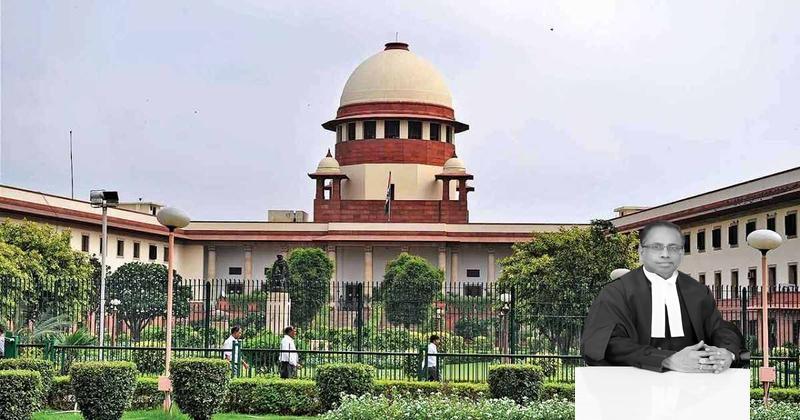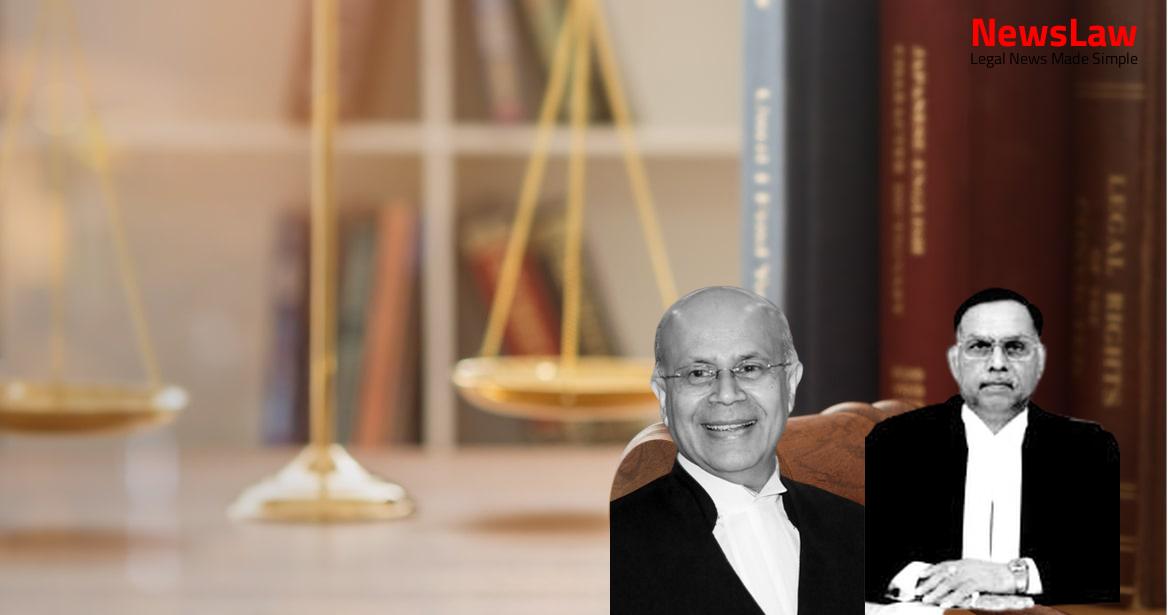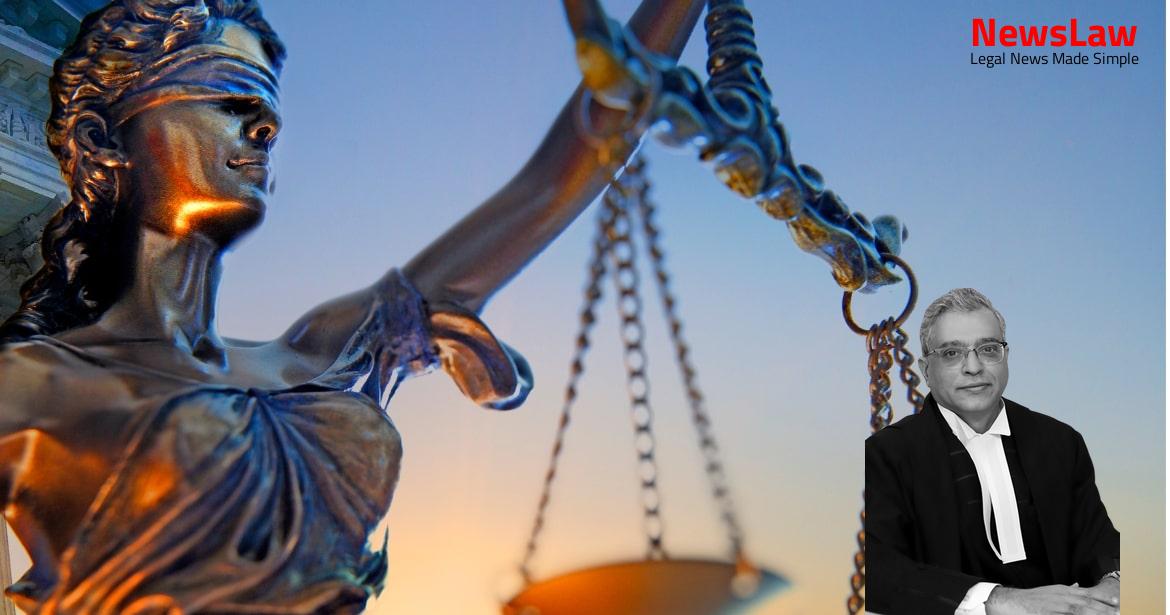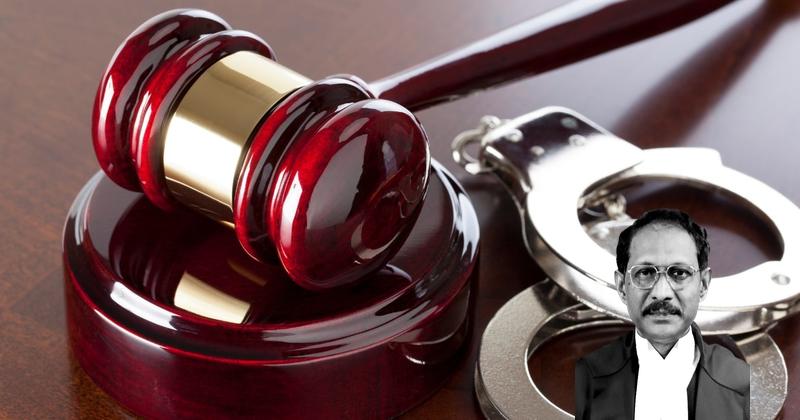The grievance made by the appellant before us is that the High Court travelled beyond its jurisdiction in re-appreciating the evidence led by the parties before the arbitrator and by substituting its own conclusions for the conclusions recorded by the arbitrator. Thereafter the contractor filed Original Suit No.184/96 in the Civil Court with a prayer for making the award of the sole arbitrator rule of the Court. In the miscellaneous suit it was pleaded by the Union of India that the award of the arbitrator is infirm being against the law and available evidence.
It has also been noticed that the Court cannot hear the objections against the award as an appellate court, as the arbitrator is the final arbiter of the dispute referred to him. In partly allowing the appeal the Division Bench has set aside the finding recorded by the arbitrator by merely stating as follows: “So far as the contention of learned counsel for the appellant that claim No.5 is against clause 11(c) of IAFW, which is part of the agreement, is concerned, we have carefully perused the award given by the Arbitrator as well as the impugned judgment of the Court below. A firm finding has been recorded that under claim No.5 there was default and delay on the part of Union of India with respect to: (i) The payment of RARs final bill.
of Kerala 1989 Indlaw SC 463 it has been held by this Court that there is a distinction between disputes as to the jurisdiction of the arbitrator and the disputes as to in what way that jurisdiction should be exercised.
By purporting to construe the contract the court cannot take upon itself the burden of saying that this was contrary to the contract and as such beyond jurisdiction. Jagan Nath Ashok Kumar(4)
1987
Also Read: https://newslaw.in/case-type/civil/contrary-directions-in-issuance-of-letter-of-intent/
SCC 497, it has been held by this Court that appraisement of evidence by the arbitrator is ordinarily never a matter which the court questions and considers.
Union of India, (1999) 9 SCC 449, t his Court upon analysis of numerous earlier decisions, held as follows: “Be it noted that by reasons of a long catena of cases, it is now a well-settled principle of law that re-appraisal of evidence by the court is not permissible and as a matter of fact exercise of power by the court to reappraise the evidence is unknown to proceedings under section 30 of the Arbitration Act. In the event however two views are possible on a question of law as well, the court would not be justified in interfering with the award. But, this would depend upon reference made to the arbitrator : (a) if there is a general reference for deciding the contractual dispute between the parties and if the award is based on erroneous legal proposition, the Court could interfere; (b) It is also settled law that in a case of reasoned award, the Court can set aside the same if it is, on the face of it, erroneous on the provision of law or its application; (c) If a specific question of law is submitted to the arbitrator, erroneous decision in point of law does not make the award bad, so as to permit of its being set aside, unless the Court is satisfied that the arbitrator had proceeded illegally.” 16.
A court considering an application under Section 30 or 33 of the Act, does not sit in appeal over the findings and decision of the arbitrator. Progressive Writers and Publishers (2009) 5 SCC as follows: “The finding arrived at by the arbitrator in this regard is not even challenged by the Board in the proceedings initiated by it under Section 30 of the Act.
This court in Arosan Enterprises categorically stated that in the event of there being no reason in the award, question of interference of the court would not arise at all. In the event, however, there are reasons, interference would still be not available unless of course, there exist a total perversity in the award or the judgment is based on a wrong proposition of law. The observations of Lord Dunedin in Champsey Bhara stand accepted and adopted by this Court in Bungo Steel Furniture to the effect that the court had no jurisdiction to investigate into the merits of the case or to examine the documentary and oral evidence in the record for the purposes of finding out whether or not the arbitrator has committed an error of law.
…………………………………..J (TARUN CHATTERJEE)……………………J (SURINDER SINGH NIJJAR)
NEW DELHI DECEMBER 03, 2009
Case Title: M/S RAVINDRA KUMAR GUPTA & CO. Vs. UNION OF INDIA
Case Number: C.A. No.-008019-008019 / 2009



